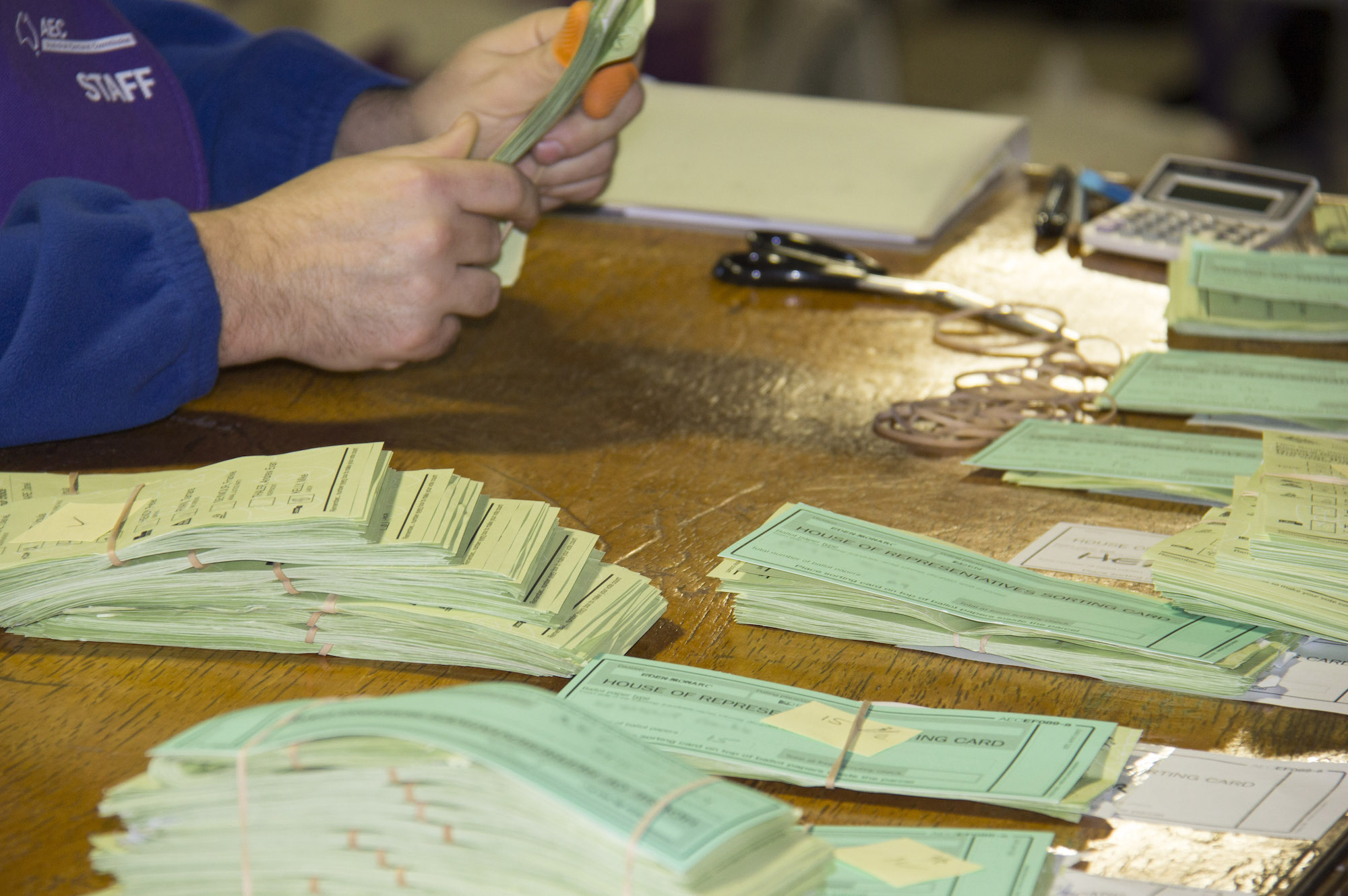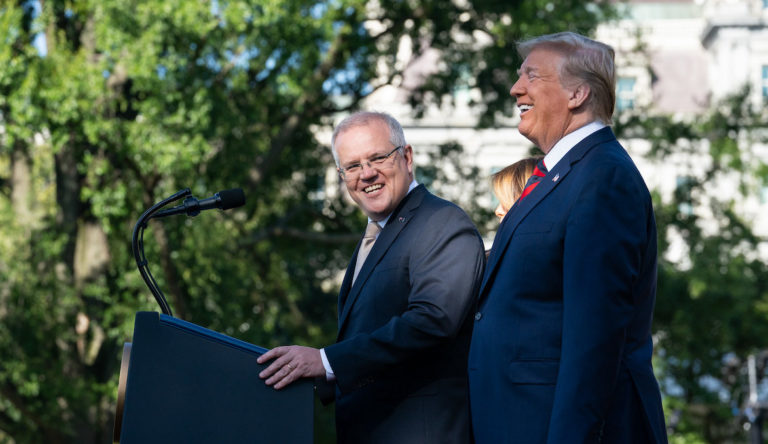
2022 Federal Election: Seats to Watch
Griffith University’s panel of politics experts have identified the seats to watch at the 2022 federal election.
Australians are rightly proud of their genuinely independent system of administering elections, delivered by the Australian Electoral Commission (AEC), which unlike many other countries, does not involve political parties in conducting the administration of the ballot.
But is the confidence Australians have in the impartiality of the system being undermined by legislative changes which allow political parties to interpose themselves into the voting process?
On almost the same day as the government called the federal election, political parties sent campaign material via Australia Post offering residents an ‘Important Postal Vote Application Form’. At the head of the form is the message ‘With compliments’ plus the name of the sitting member or party candidate along with the seat name. Application forms cannot be sent until the election is formally announced or the writs are issued.
Alongside the application form endorsed by the political party candidate was a personalised letter to the voter on party’s official letterhead promoting the party’s record and candidate’s own commitments. More worryingly, however, the ‘reply paid’ envelope included in the package was addressed back to the political party’s election centre, not the AEC.
The LNP’s indicated that the ‘reply paid’ form would go to the ‘PVA Centre’ at an address in Archerfield — with no indication that this is a political party address, leading voters to think that they are sending the form back to the AEC.
Labor also sent postal vote application forms but was a little more open in having the form sent back to an ALP reply paid address.
This practice is not illegal under current legislation, but is it open and transparent? Does it observe the necessary proprieties of impartial electoral administration? Do electors know that their personal information is going to political parties? Many voters will not want their personal details going to political parties without their knowledge or approval, especially when they do not know what political parties will eventually do with that information.
The postal vote application form issued by the political parties has to be an AEC approved form — but a generic one is freely available on the AEC’s website. Political parties are replicating this form and sending it out uninvited to electors across the various divisions to maximise the postal vote — hoping to gain some advantage. This is not new; parties have long assisted in augmenting postal voting for their own interests.

What is new and troubling is that political parties are now re-routing an elector’s application through their own party channels to gain some additional information about the elector. The main information disclosed is that the applicant living at a given address is about to vote via post (and therefore may be receptive to a doork-nock visit), plus the party gains the email address and mobile phone number and date of birth of the elector, and possibly information gleaned from the security question.
The information voters are required to provide is intended to assist the AEC judge the eligibility of voters for a postal vote, not to provide data to political parties. The re-routing of the application form to political parties is most likely to advantage the major parties and incumbents with considerable resources to process the incoming information. It will tend to become an incumbency-benefiting measure. It does not particularly advantage minor parties or independents who might be challenging for a first time. Moreover, the re-routing through the political party is entirely unnecessary and adds a further administrative burden in processing an application form.
This interference with the postal vote application process is nudging us down the Americanisation of electoral administration. The various systems of electoral administration used across the USA are fundamentally not impartial and operated by party political officials often for partisan advantage.
Voters should be worried about the transfer of their personal information to party headquarters without their consent. The new practice of re-routing the postal vote application process in Australia reflects an objectionable drift towards the Americanisation of our electoral process. It will tend to lessen the confidence Australians have in the impartiality of the electoral system, which is all important to our trust in democracy.

Professor Emeritus John Wanna is a Professor of Politics at Griffith University and also the ANZSOG National Director of Research in Public Administration.
Author of over fifty books, Professor Emeritus Wanna is a regular political commentator across the Australian media landscape (ABC, SBS, Sky, The Australian, The Courier-Mail, The Saturday Paper, the Australian Financial Review, and The Conversation) and regularly appears as an Australian politics expert on international media (Bloomberg, the New York Times, the Daily Mail, and Reuters).

Griffith University’s panel of politics experts have identified the seats to watch at the 2022 federal election.

Talk of ‘big dams’ to ensure water security, and ‘unlock regions’ to increase agriculture, has started again with the proposed $5.4 billion Hells Gate Dam on the upper Burdekin River in Queensland.

We are entering a uniquely dangerous time in Australian politics Not just from the economic threats following Australia’s performance at COP26 in Glasgow. Compounding these existential threats is the risk that core tenets of Australian democracy, which have become weakened and frayed in the past two decades, will be completely eroded.